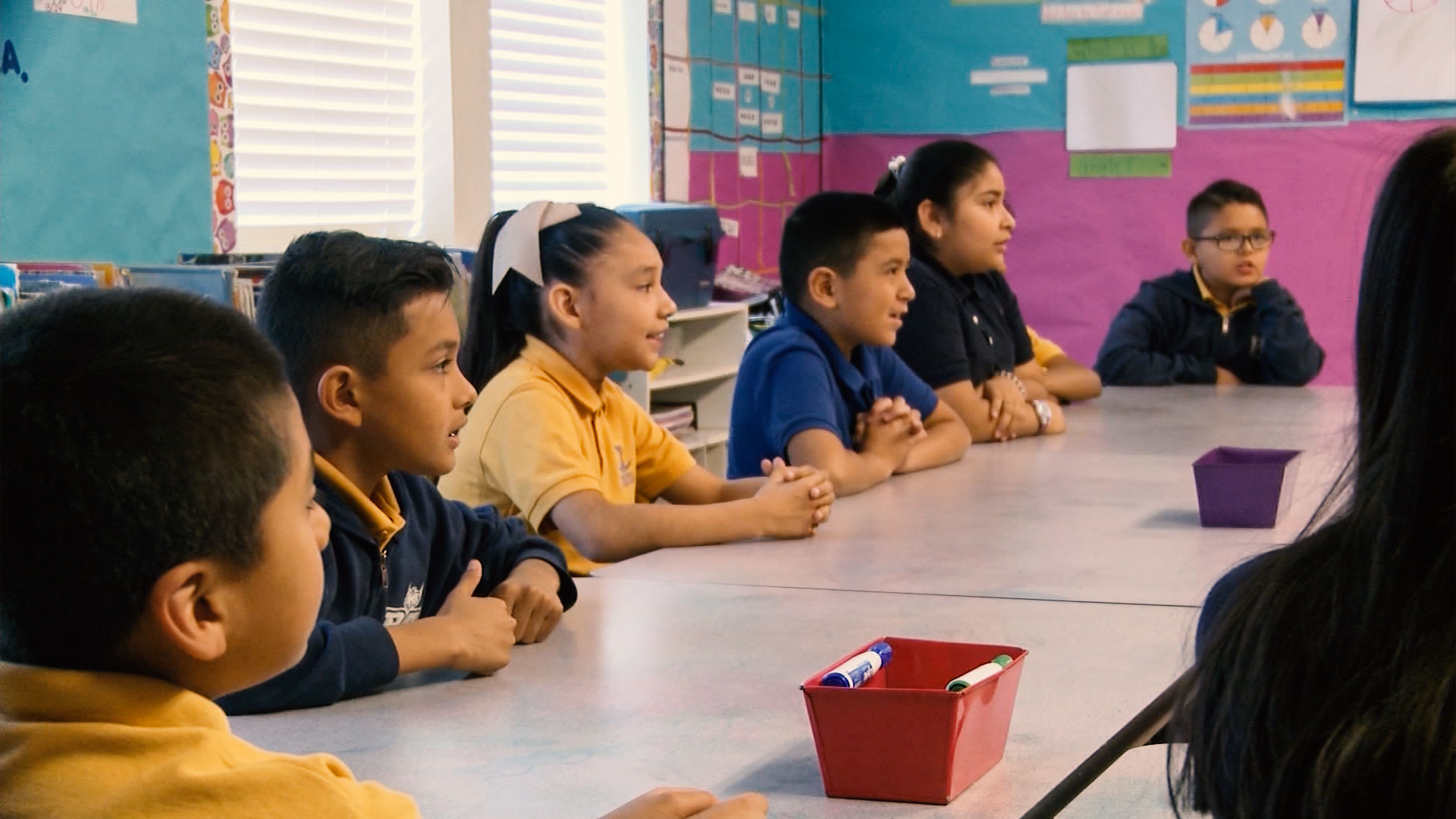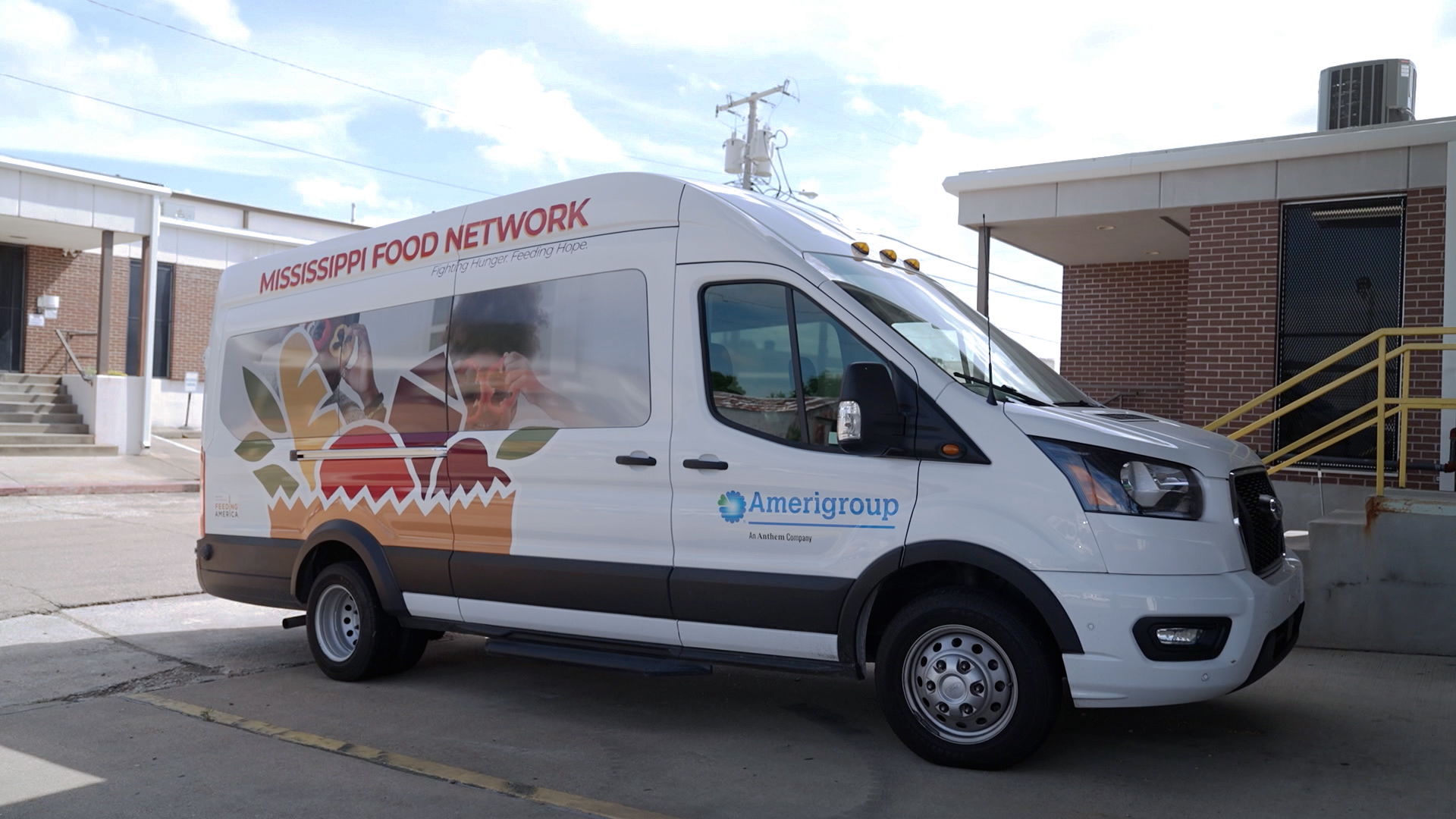School Choice Measure Advancing in Congress Could Help Parents Pay for Faith-Based Education

Republicans in Congress are taking steps to advance President Trump’s goal of establishing “universal school choice.”
In the House of Representatives, lawmakers are aiming to allocate up to $5 billion a year for scholarships to help families send their children to private schools, including faith-based ones. Most American households would qualify, as long as their income is less than three times the local median income.
On the Senate side, Sen. Bill Cassidy (R-LA) has been promoting school choice legislation called the Educational Choice for Children Act (ECCA). On Tuesday, Cassidy celebrated because the U.S. House Ways and Means Committee moved to include his initiative in a broader tax bill that would also include Trump’s tax cuts.
“For years, I’ve advocated for school choice with my Educational Choice for Children Act. I am pleased to see it included in the big, beautiful bill,” said Dr. Cassidy. “Expanding President Trump’s tax cuts is about preserving the American Dream. Giving parents the ability to choose the best education for their child makes the dream possible.”
If a child is stuck in a failing school, a mother should be able to move her child to a better one.
That’s what my school choice bill does—and it’s in the House tax plan.
A better educated American people is a better America. pic.twitter.com/tm51kiEiCT
— U.S. Senator Bill Cassidy, M.D. (@SenBillCassidy) May 14, 2025
The ECCA, introduced earlier this year in the Senate by Cassidy and Sen. Tim Scott (R-SC), offers federal tax incentives to individuals and businesses that donate to scholarship-granting organizations.
Donors who contribute money or stock to scholarship funds could receive a full tax credit in return. The scholarships would then help students cover a range of K–12 education expenses in both public and private schools.
After the parental choice measure was officially included in the House tax bill, Rep. Adrian Smith (R-NE) wrote on X, “This is just a starting point for ECCA, and I look forward to working with my colleagues to empower parents and students as this legislation moves forward.”
This morning, I joined @RepStefanik, @RepBurgessOwens, and @Jim_Jordan for a press conference after my bill to support parental choice, the Educational Choice for Children Act, was included in the @WaysandMeansGOP reconciliation package. This is just a starting point for ECCA,… pic.twitter.com/QP5T6SAene
— Rep. Adrian Smith (@RepAdrianSmith) May 14, 2025
Supporters argue that the measure would give low-income and middle-class families greater access to alternatives beyond the public education system.
Critics complain that the bill benefits higher-income donors who could get tax credits. And they say the initiative could siphon resources from public schools. “This is a significant threat,” claimed Sasha Pudelski of AASA, the School Superintendents Association.
Similar school choice measures are advancing at the state level, too. For example, Texas recently approved a school choice bill with a $1 billion voucher program.
Meanwhile, as the broader tax and school choice bill advances through Congress, the battle lines are clear: proponents argue it empowers families and expands opportunity, while opponents warn it risks undermining public education for other students.





 Bitcoin
Bitcoin  Ethereum
Ethereum  Tether
Tether  XRP
XRP  Solana
Solana  USDC
USDC  Dogecoin
Dogecoin  Cardano
Cardano  TRON
TRON  Lido Staked Ether
Lido Staked Ether  Wrapped Bitcoin
Wrapped Bitcoin  Sui
Sui  Chainlink
Chainlink  Wrapped stETH
Wrapped stETH  Avalanche
Avalanche  Stellar
Stellar  Shiba Inu
Shiba Inu  Hedera
Hedera  Hyperliquid
Hyperliquid  LEO Token
LEO Token  Toncoin
Toncoin  Bitcoin Cash
Bitcoin Cash  Litecoin
Litecoin  Polkadot
Polkadot  USDS
USDS  WETH
WETH  Monero
Monero  Wrapped eETH
Wrapped eETH  Pi Network
Pi Network  Pepe
Pepe  Bitget Token
Bitget Token  Binance Bridged USDT (BNB Smart Chain)
Binance Bridged USDT (BNB Smart Chain)  Ethena USDe
Ethena USDe  Coinbase Wrapped BTC
Coinbase Wrapped BTC  WhiteBIT Coin
WhiteBIT Coin  Bittensor
Bittensor  Uniswap
Uniswap  NEAR Protocol
NEAR Protocol  Dai
Dai  Aptos
Aptos  Aave
Aave  OKB
OKB  Ondo
Ondo  Jito Staked SOL
Jito Staked SOL  Ethereum Classic
Ethereum Classic  Internet Computer
Internet Computer  Tokenize Xchange
Tokenize Xchange  Cronos
Cronos  BlackRock USD Institutional Digital Liquidity Fund
BlackRock USD Institutional Digital Liquidity Fund  Official Trump
Official Trump  Gate
Gate  Render
Render  Mantle
Mantle  VeChain
VeChain  sUSDS
sUSDS  Ethena
Ethena  Cosmos Hub
Cosmos Hub  POL (ex-MATIC)
POL (ex-MATIC)  Ethena Staked USDe
Ethena Staked USDe  Artificial Superintelligence Alliance
Artificial Superintelligence Alliance  USD1
USD1  Lombard Staked BTC
Lombard Staked BTC  Arbitrum
Arbitrum  Filecoin
Filecoin  Algorand
Algorand  Celestia
Celestia  Worldcoin
Worldcoin  Sonic (prev. FTM)
Sonic (prev. FTM)  Bonk
Bonk  Jupiter Perpetuals Liquidity Provider Token
Jupiter Perpetuals Liquidity Provider Token  Binance-Peg WETH
Binance-Peg WETH  Maker
Maker  Jupiter
Jupiter  Binance Staked SOL
Binance Staked SOL  Quant
Quant  KuCoin
KuCoin  Stacks
Stacks  Optimism
Optimism  Sei
Sei  Fartcoin
Fartcoin  Immutable
Immutable  Story
Story  Virtuals Protocol
Virtuals Protocol  NEXO
NEXO  Injective
Injective  Rocket Pool ETH
Rocket Pool ETH  The Graph
The Graph  dogwifhat
dogwifhat  USDT0
USDT0  Solv Protocol BTC
Solv Protocol BTC  FLOKI
FLOKI  Raydium
Raydium